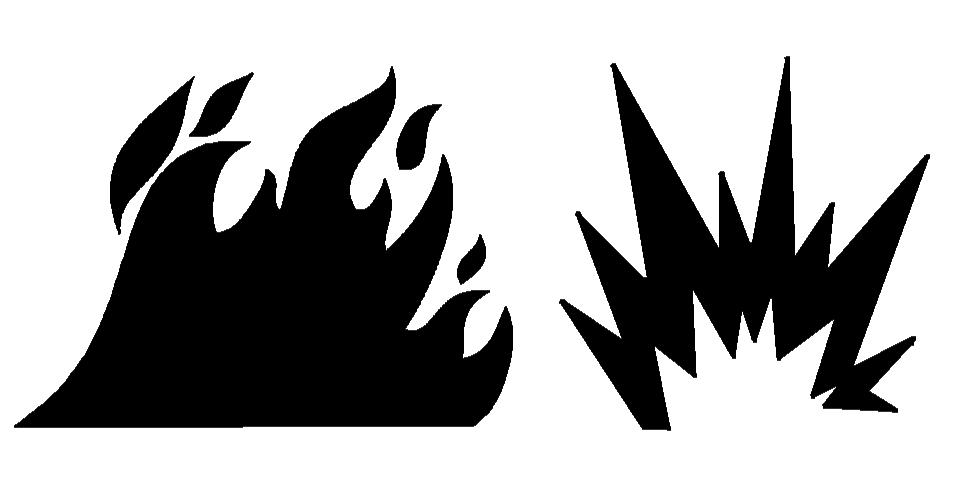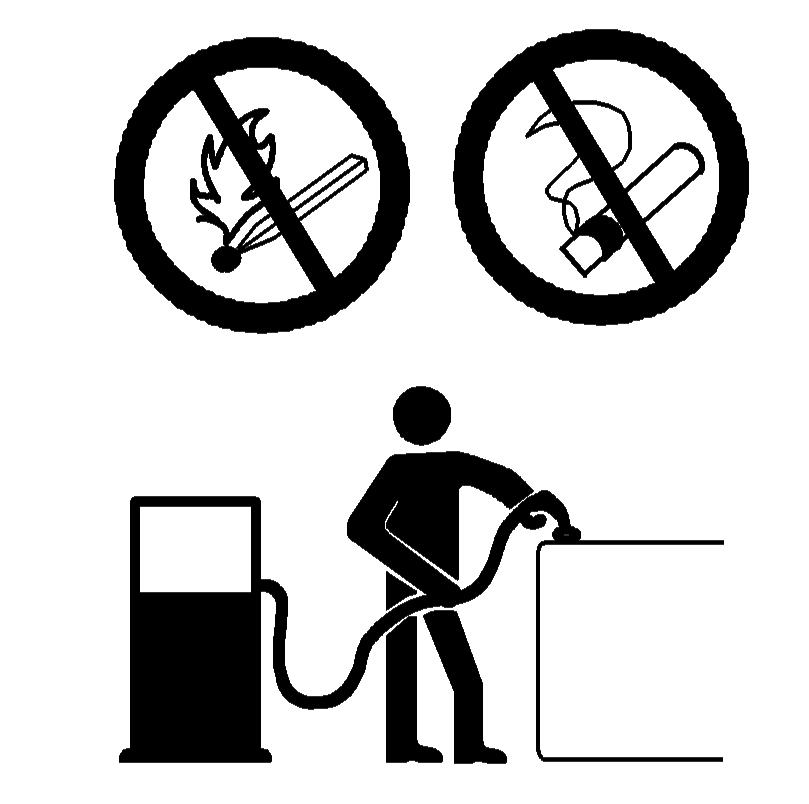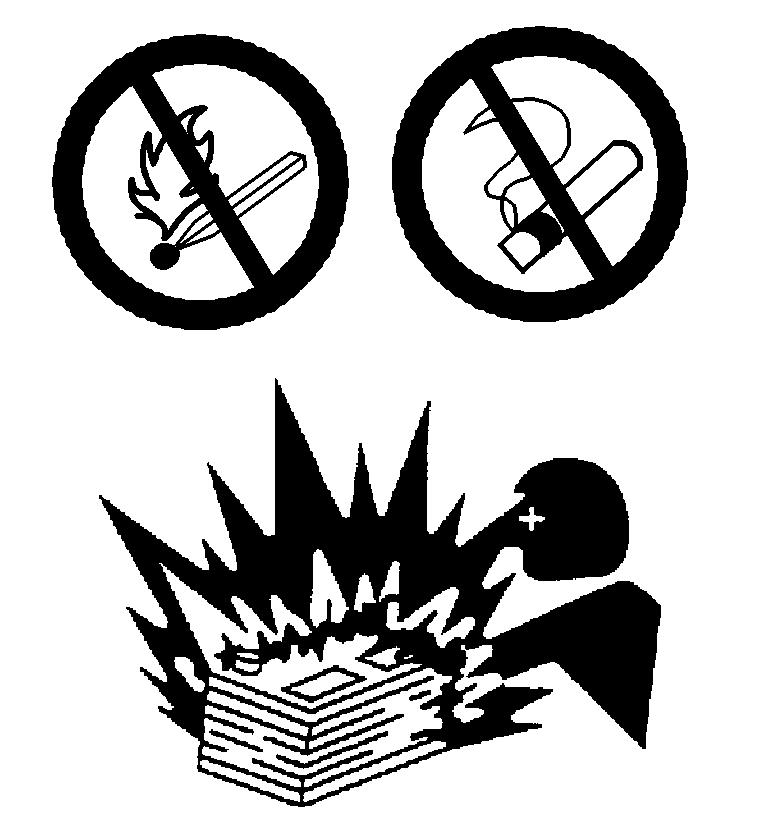
2 minute read
Fire Prevention and Explosion Prevention
Illustration 26 g00704000
All fuels, most lubricants, and some coolant mixtures are flammable. Flammable fluids that are leaking or spilled onto hot surfaces or onto electrical components can cause a fire. Fire may cause personal injury and property damage. Remove all flammable materials such as fuel, oil, and debris from the machine. Do not allow any flammable materials to accumulate on the machine. Store fuels and lubricants in properly marked containers away from unauthorized persons. Store oily rags and any flammable materials in protective containers. Do not smoke in areas that are used for storing flammable materials. Do not operate the machine near any flame. Exhaust shields (if equipped) protect hot exhaust components from oil spray or fuel spray in case of a break in a line, in a hose, or in a seal. Exhaust shields must be installed correctly. Do not weld on lines or on tanks that contain flammable fluids. Do not flame cut lines or tanks that contain flammable fluid. Clean any such lines or tanks thoroughly with a nonflammable solvent prior to welding or flame cutting. Check all electrical wires daily. Repair any wires that are loose or frayed before you operate the machine. Clean all electrical connections and tighten all electrical connections. Dust that is generated from repairing nonmetallic hoods or nonmetallic fenders can be flammable and/ or explosive. Repair such components in a well ventilated area away from open flames or sparks. Inspect all lines and hoses for wear or for deterioration. The hoses must be properly routed. The lines and the hoses must have adequate support and secure clamps. Tighten all connections to the recommended torque. Leaks can cause fires.

Illustration 27 g00704059
Use caution when you are refueling a machine. Remove debris from the top of the tank before refueling. Do not smoke while you are refueling a machine. Do not refuel a machine near open flames or sparks. Always stop the engine before refueling. Fill the fuel tank outdoors.

Illustration 28 g00704135
Gases from a battery can explode. Keep any open flames or sparks away from the top of a battery. Do not smoke in battery charging areas. Never check the battery charge by placing a metal object across the terminal posts. Use a voltmeter or a hydrometer. Improper jumper cable connections can cause an explosion that can result in injury. Refer to the Operation Section of this manual for specific instructions.










